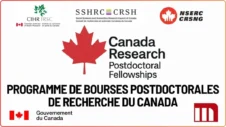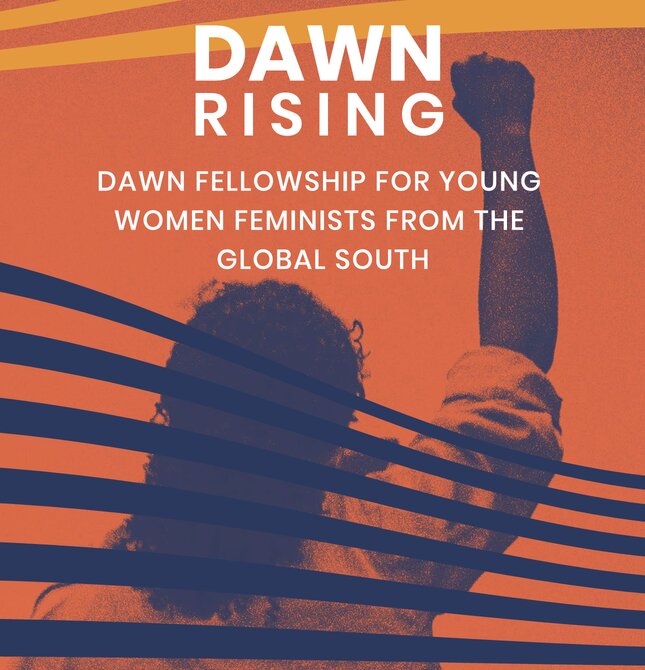The CPRA program is a federal research talent investment program in the Canada Research Training Awards Suite (CRTAS) administered by the Canadian Institutes of Health Research (CIHR), the Natural Sciences and Engineering Research Council of Canada (NSERC) and the Social Sciences and Humanities Research Council (SSHRC). The CRTAS aims to support the next generation of innovators by providing funding and high-quality research training, cultivating research skills, fostering creativity, and empowering awardees to make significant contributions to Canada’s research ecosystem, economy and prosperity.
To help build a world-leading innovative economy, reinforce a diverse culture of critical thought and improve Canadian productive capacity, the CPRA supports and promotes promising research talent in a wide variety of disciplines and broad fields of health, natural sciences and engineering and social sciences and humanities, including interdisciplinary and multidisciplinary research. This support allows postdoctoral researchers to add to their experience by engaging in research either in Canada or abroad and facilitates their transition to the next phase of their career.
Eligibility
This award is not intended for students (including health professionals) to complete a degree or related internship.
Applications must meet all of the eligibility criteria to be eligible.
General conditions
To be eligible to apply, you must:
- hold or expect to hold a doctorate or health professional degree before the start date of your award; and
- not hold or be on leave from a tenure-track or tenured faculty position. Generally, “tenure or tenure-track” refers to an open-ended academic position in which the holder can form a research group, apply for externally funded research as a principal investigator and teach.
In addition:
- you must have completed all requirements of your doctorate or health professional degree no more than three years before September 1 of the year in which you apply.
Note: This is not the conferred or convocation date indicated on your transcript, but rather the date on which all the requirements of your degree were met, including the successful defense and submission of the corrected copy of your thesis. If you have more than one doctoral degree, the completion date of your most recent relevant degree will be used to determine your eligibility.
Exceptions to the doctoral degree completion eligibility period are granted up to a maximum of three years only if you meet one or more of the following criteria:
-
If your career was significantly interrupted after completing your doctorate or health professional degree due to extenuating circumstances, you may qualify for an extension of the eligibility period. Eligible interruptions may include parental, medical and/or family-related responsibilities, mandatory military service, disruptions due to war, civil conflicts or natural disasters in your country of residence or limited research opportunities due to socio-economic reasons. The eligibility period can be extended by the duration of the eligible delay(s)/interruption(s).
“Career interruption” refers to a period of time when you were not working (full-time or part-time) and when your research was completely interrupted.
- If you have acquired at least six months of full-time, relevant employment in industry or government (experience in an academic institution or its affiliated hospitals, research institutions and other laboratories will not be considered) after you received your doctorate or health professional degree, the eligibility period can be extended by the duration of this employment.
If you became the primary caregiver after the birth or adoption of a child within three years before or after completing your doctorate or health professional degree, your eligibility period will be extended by three years.
If you have engaged in a non-research-related clinical training (e.g., residency) after you received your doctorate or health professional degree, the eligibility period can be extended by the duration of this training.
If you are subject to an extended eligibility period, you may be asked to provide additional information and/or supporting documentation. Any such submission will only be used by agency staff to assess your eligibility for the program. If you wish to inform the review committee of delays and/or special circumstances that may have affected your performance and/or productivity, you may do so in the Special circumstances section of the application.
International applicants
If you are not a Canadian citizen, permanent resident of Canada or protected person under subsection 95(2) of the Immigration and Refugee Protection Act (Canada), as of the application deadline, you must be:
- currently enrolled in or have completed a doctorate or health professional degree at a Canadian institution; or
- conducting postdoctoral research at a Canadian institution.
Up to 20% of all postdoctoral awards will be available to international applicants.
Proposed locations of tenure
You can hold your CPRA at:
- academic research institutions in Canada or abroad
- provincial research institutions
- research hospitals
- colleges, non-government organizations, Indigenous organizations and other institutions with a significant research training mandate






